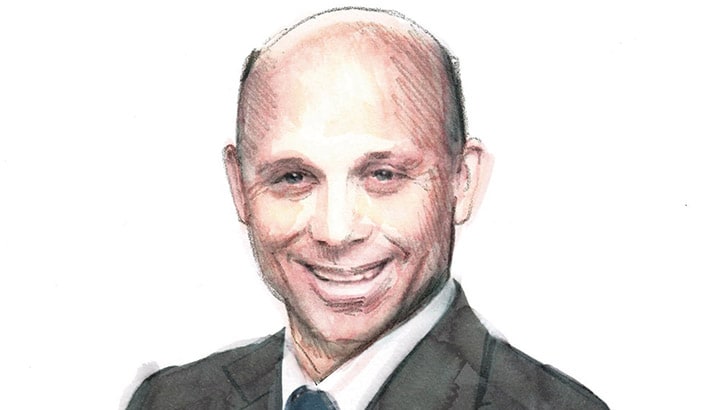
As the world of technology continues to explode, some principles never change. As a consultant, my clients want ‘new’, ‘exciting’, ‘breakthrough’, ‘different’ and ‘innovative’.
Take media, for example. Social media in particular. The wave of the future; the next generation of marketing outreach, the next bandwagon to jump on. Yet, I’ve always believed that the most powerful form of advertising is ‘word-of-mouth’.
As a foodservice and hospitality marketer, there is no rule, law, or principle more powerful. Those words are as absolute as gravity, death and taxes. They are non-negotiable.
Yet, when I hear the hysterical pitch from the social media professionals, advocating (at least) 1% or more of annual sales to be spent on Facebook, Instagram, Twitter and a dozen others, my eyes glaze over. Social media has, in many ways, replaced mass media (TV, print radio, etc) as the “spray and pray” medium of choice. It seems we are always looking for the shortcut, the quick fix, the sure-fire way to boost sales.
But, the consumer knows. When we want a recommendation for a restaurant, a baby sitter or a car repair facility, we ask our friends.
Why things catch on
Then I read the book Contagious: Why Things Catch On by Jonah Berger. The best $15 I ever spent. Berger challenges conventional wisdom by asking this simple question, that I invite you to ask in your day-to-day associations: What percentage of word of mouth recommendation do you think happens online?
Always the curious and skeptical consultant, I took his challenge and asked 25 professionals I knew the same question. The average answer I received comported exactly to his prediction…50%.
Yet, the actual number from Berger’s research is 7%. Not 47%, not 27%, but 7%. One in 14 people are getting (formerly) personalized word-of-mouth suggestions online.
Research by the Keller Fay Group finds that only 7% of word of mouth happens online.
Why is this? Because the power of personal word of mouth is measured by an intangible common to us all: emotion. And emotion triggers decisions. Whether to select a certain coffee brand, a restaurant, or a specific television program.
Want to understand emotion, and how it affects the contagious nature of word-of-mouth?
Watch this clip.
Observe, in all it’s glorious, ugly and painful detail, the judges and their smirking arrogance and egotistical prejudice. Their condescension, their attitude of so-called “competitive wisdom”, starkly and boldly presented, easily comparable to the belief that social media is the next marketing and communication medium.
When you finish watching, you will truly understand the power of emotion and how it triggers word-of-mouth. I love Jonah Berger’s book, I’ve read it twice, and continue to use its lessons every day in my practice.
Bill Main FCSI
